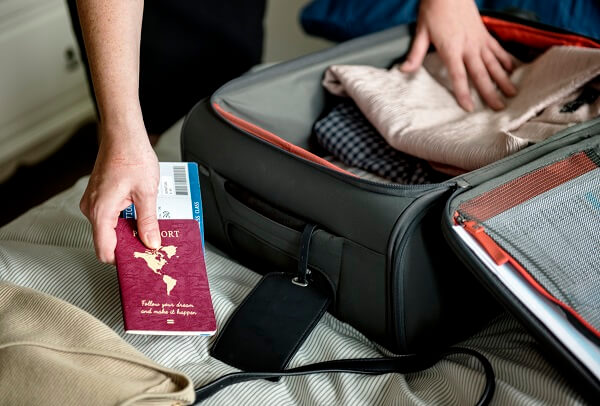As an Employee or Employer - Facts you need to know!
Annual Leave in China
Annual Leave in China is a key employee benefit governed by Chinese labor law. Full-time employees are entitled to 5 to 15 days of paid annual leave, depending on their total years of work experience.
Annual Leave in China: Employers and Employees
Annual leave in China must be granted within the calendar year, and unused days may require compensation. Understanding China’s annual leave policy is essential for both employers and HR teams to stay compliant. Whether you’re managing leave accrual, carry-over rules, or holiday pay, mastering China’s paid leave regulations is a must. Discover how HROne can help streamline your leave management in China!
Annual leave in China is a core employee entitlement and a critical area of compliance for employers operating in the country. Governed by the Labor Law of the People’s Republic of China and supporting administrative regulations, annual leave impacts payroll, HR planning, and workforce satisfaction.
Whether you’re an international business managing a team in China or a local HR professional, understanding how paid annual leave in China works is essential for staying compliant and competitive in 2025.
What Is Annual Leave
in China?
In China, annual leave refers to the legally mandated paid vacation days that full-time employees are entitled to after completing one full year of service. The policy is national and applies to both foreign and local employees working under lawful labor contracts.
Standard Annual Leave Entitlement?
According to China's labor regulations, the amount of paid annual leave is based on the employee’s cumulative working years, including past employment at other companies (if documented).
What is the Legal
Framework?
China’s Regulations on Paid Annual Leave for Employees (职工带薪年休假条例), implemented in 2008, serve as the legal basis for annual leave entitlement.
Annual Leave in China
How Is Annual Leave Calculated?
If an employee has not worked the full calendar year, annual leave is prorated. The formula is:
(Calendar Days worked / 365) × Annual Leave Days
For example, if an employee with 6 years of experience works 180 days in the calendar year:
(180 / 365) × 5 days = 2
Who is Eligible?
To qualify for annual leave in China, employees must:
Be working full-time under a formal labor contract
Have completed 12 consecutive months of work (in total, not necessarily at the same company)
Not have already been granted other types of long paid leave totaling more than 20 days in that year (e.g. maternity leave, study leave)
What Happens If Annual Leave Is Not Taken?
If an employee chooses not to take their annual leave by year-end (and the employer has encouraged or allowed them to), the leave is considered voluntarily forfeited.
However, if the employer fails to arrange the employee’s annual leave, they must compensate the employee at 300% of the daily wage for each unused day:
100% (already included in salary)
+200% additional compensation
This rule makes it essential for HR teams to track and manage annual leave in China proactively.
Can Annual Leave Be Carried Over?
Generally, no. According to Chinese labor law, annual leave should be used within the calendar year. However, carryover is allowed under special circumstances, as stipulated by the company, such as:
Leave interrupted by project deadlines
HR arrangement conflicts
⚠️ Carryover is only valid for 1 additional year.
Questions about Annual Leave?
Expand your business in China in a blink of an eye
Submit Inquiry
Fill in the form and briefly explain your employment outsourcing needs in China
Response In 1 Working Day
We will analyze your case and provide you with a feasibility study and quote.
Cost Simulation
Define your employees’ labor contracts: salary, bonus, annual leaves, etc.
Contract Signature
Once the labor contracts have been signed by your employees and us, you can start developing your business in China.
Trusted by International Leaders




